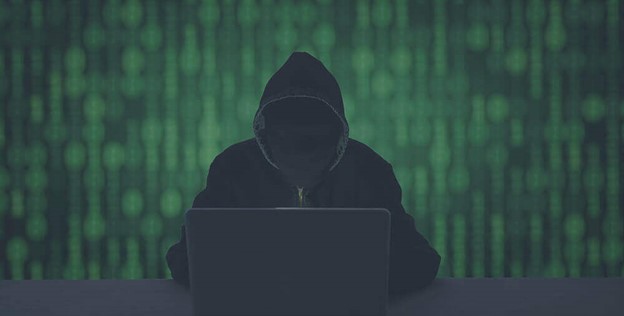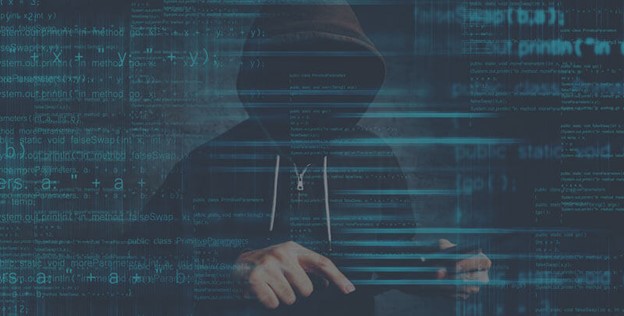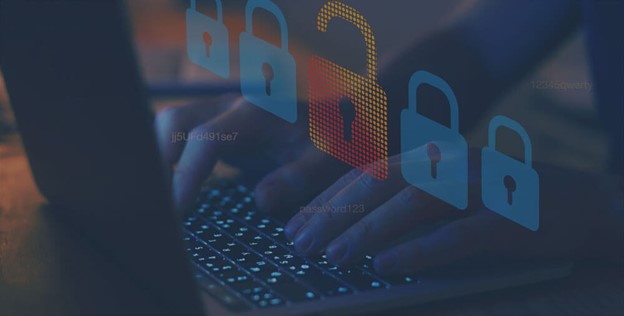
THE WAY CYBERCRIME USES STOLEN PERSONAL DATA TO COMMIT TAX FRAUD
February 8, 2022
DARK WEB MONITORING: WHAT IS IT?
February 10, 2022A data breach occurs on average every three days, according to the Identity Theft Resource Center. This means your personal information may be at risk.
In the event that you have been notified of a data breach or suspect that your personal information has been exposed, here are some concrete steps you can take to help protect your critical information.
Use Strong Secure Passwords
One of the easiest ways for hackers to access your private accounts is through weak passwords. You may as well hand out your personal information on the street if you have ever been tempted to use “password1” or “qwerty” as your password.
To create a strong password, try the following:
- Try to create passwords that are 15 characters or longer.
- Avoid common substitutions such as a “!” for a “1”.
- Mix up your characters, numbers, and upper- and lowercase letters.
- Use a passphrase, instead of a password, that consists of 5 unrelated words.
Monitor Your Bank and Other Financial Accounts
Monitoring your financial accounts allows you to react quickly in case of an intrusion or attempt to drain your funds. Additionally, you can keep an eye out for IRS deposits that indicate you’ve been victimized by tax fraud.
Check Your Credit Report
Keeping an eye on your credit report regularly is a great way to ensure that no one is using your stolen details to open new credit accounts or take out loans in your name.
Use Only Secure URLs
There is a chance that your data could be stolen if you send personal or payment information to a website through an URL that begins with http://. When entering personal information, always make sure the URL begins with https://. Hypertext Transfer Protocol Secure (HTTPS) designates a secure and encrypted connection.
Use a VPN
An encrypted virtual tunnel is created between your computer and another server anywhere in the world when you use a virtual private network (VPN). With a VPN, your IP address is disguised and you are protected from external attacks.
Implement High-Quality Security Software
Criminals often steal your personal data using malware and phishing scams instead of data breaches. Protect yourself from these threats by installing antivirus and antimalware software.
Avoid Oversharing on Social Media
Social media is constantly used by cybercriminals to gather personal information. You should not post details about your work or family on social media, such as your full name, date of birth, address, or geographic location.
Use Identity Theft Protection or Credit Monitoring Services
It’s best if you hire a team of cybersecurity experts on your side if you’re concerned about your data privacy. Identity theft and credit monitoring can help protect your personal information.
Is your personal information on the dark web? Make sure your identity isn’t at risk!


